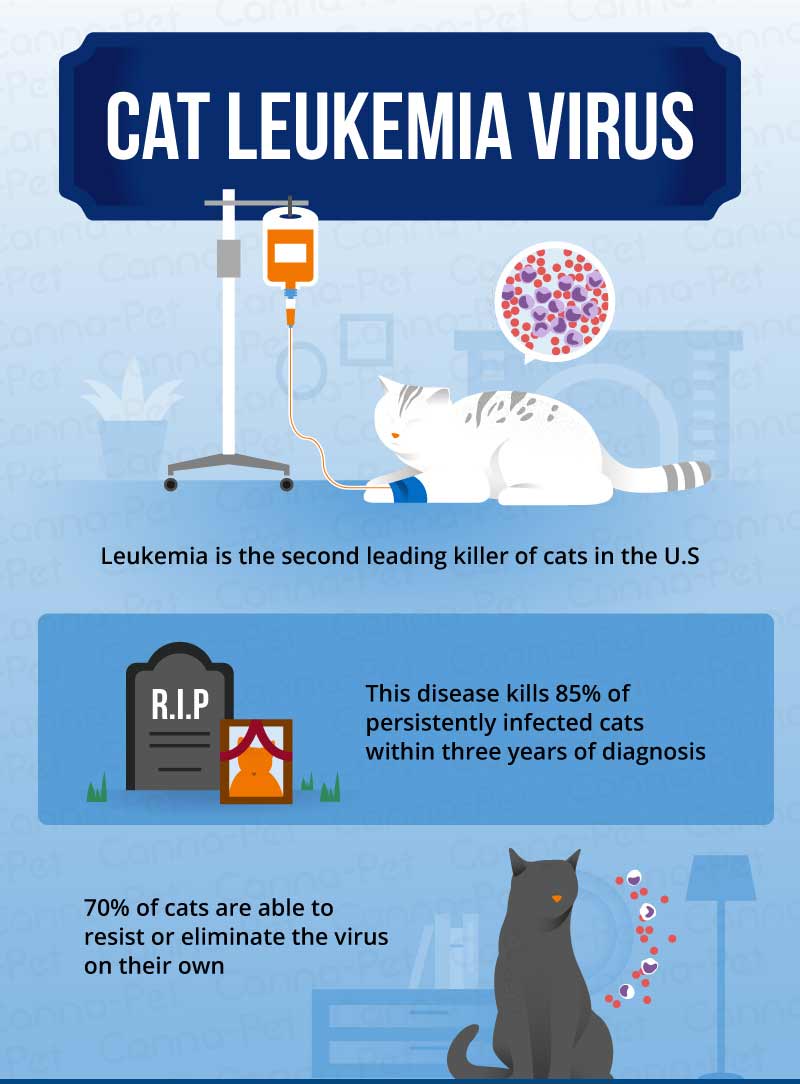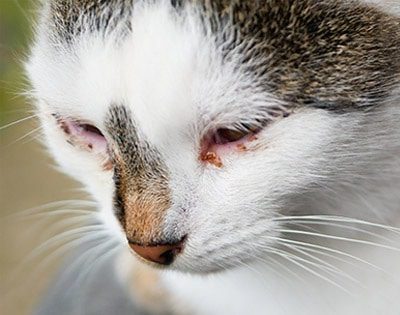Are you a cat lover? Do you want to ensure the health and well-being of your feline friend? Then buckle up, because today we're diving deep into a hidden threat that could be lurking in your cat's body: Addison's Disease. Now, I know what you're thinking - "Why should I care about some disease I've never even heard of?" Well, my friend, understanding Addison's Disease is not only essential for the overall health of your beloved pet, but it can also save their life. So let's unravel this mystery together and equip ourselves with knowledge that could make all the difference. Get ready to discover the hidden dangers that may be affecting your furry companion and how you can protect them from harm. It's time to become the hero your cat deserves!
Key Takeaways:
- Addison's Disease is a rare but potentially life-threatening condition in cats.
- It occurs when the adrenal glands fail to produce enough hormones, leading to a range of symptoms.
- Early detection is crucial for successful treatment and management of Addison's Disease in cats.
- Symptoms may include lethargy, loss of appetite, vomiting, diarrhea, and weight loss.
- Veterinary care and regular check-ups are essential to monitor and manage the disease effectively.
Understanding Addison's Disease in Cats
What is Addison's Disease?
Addison's disease, also known as hypoadrenocorticism, is a rare but serious condition that can affect cats. It occurs when the adrenal glands, which are responsible for producing hormones that help regulate various bodily functions, do not function properly. Specifically, the adrenal glands do not produce enough cortisol and aldosterone, two important hormones that help the body respond to stress and maintain normal electrolyte balance.
What Causes Addison's Disease in Cats?
The exact cause of Addison's disease in cats is still unknown. However, it is believed to be an autoimmune disorder, meaning that the cat's immune system mistakenly attacks and damages its own adrenal glands. Certain factors may increase a cat's risk of developing this condition, such as genetic predisposition or exposure to certain medications or infections.
Recognizing Symptoms of Addison's Disease in Cats
Common Symptoms
Recognizing the symptoms of Addison's disease in cats can be challenging because they are often vague and nonspecific. However, there are some common signs to watch out for. These include lethargy (excessive tiredness), decreased appetite, weight loss, vomiting, diarrhea, increased thirst and urination, dehydration, weakness, and a poor hair coat.
Acute vs Chronic Presentation
Addison's disease can have two different presentations: acute and chronic. In acute cases, the symptoms may come on suddenly and be severe. The cat may appear weak or collapse due to low blood pressure levels. Chronic cases may have more subtle symptoms that develop gradually over time. It is important to seek veterinary attention if you notice any changes in your cat's behavior or health.
The Hidden Threat: Addison's Disease in Cats
The Importance of Early Detection
Addison's disease in cats can be a hidden threat because its symptoms are often mistaken for other conditions or overlooked. However, early detection is crucial for successful management and treatment. If left untreated, Addison's disease can become life-threatening.
Diagnostic Tests
To diagnose Addison's disease in cats, veterinarians will perform various diagnostic tests. These may include blood tests to measure hormone levels, electrolyte levels, and kidney function. X-rays or ultrasounds may also be used to evaluate the adrenal glands and other organs.
Are Certain Cat Breeds More Prone to Addison's Disease?
No Breed Predisposition
Unlike some other diseases that are more common in specific cat breeds, there is no known breed predisposition for Addison's disease. It can affect cats of any breed or age.
Age and Gender Factors
However, studies have shown that middle-aged female cats tend to be more commonly affected by this condition. It is important for all cat owners to be aware of the signs and symptoms of Addison's disease regardless of their cat's breed.
Managing Addison's Disease in Cats: Is There a Cure?
Lifelong Management
Unfortunately, there is no cure for Addison's disease in cats. However, with proper management and treatment, most cats with this condition can lead happy and healthy lives. Treatment typically involves replacing the deficient hormones through medication.
Medication and Monitoring
Cats with Addison's disease usually require lifelong hormone replacement therapy with medications such as prednisolone or fludrocortisone. Regular monitoring of hormone levels and electrolytes is necessary to ensure that the medication dosage is appropriate.
Preventing Addison's Disease in Cats: What Can You Do?
Unknown Prevention Methods
Since the exact cause of Addison's disease in cats is unknown, there are no specific prevention methods. However, maintaining your cat's overall health and providing regular veterinary care can help identify any potential health issues early on.
Regular Veterinary Check-ups
Regular check-ups with your veterinarian can help detect any underlying conditions or changes in hormone levels that may increase the risk of developing Addison's disease. Following your veterinarian's recommendations for vaccinations and parasite prevention can also contribute to your cat's overall well-being.
Supporting Cats with Addison's Disease: Tips for a Happy and Healthy Life
Dietary Considerations
Providing a balanced diet tailored to your cat's specific needs is crucial in supporting their overall health. Your veterinarian may recommend a special diet that helps maintain electrolyte balance and supports their adrenal function.
Stress Management
Stress can exacerbate symptoms of Addison's disease in cats. Creating a calm and stress-free environment for your cat, with plenty of hiding spots and opportunities for mental stimulation, can help minimize stress levels.
In conclusion, understanding Addison's disease in cats is important for early detection and proper management. By recognizing the symptoms, seeking veterinary attention promptly, and following the recommended treatment plan, you can ensure that your cat with Addison's disease leads a happy and healthy life.
In conclusion, Addison's disease is a serious but often hidden threat in cats. It can cause various symptoms and health problems, so it's important for cat owners to be aware of the signs and seek veterinary care if they suspect their cat may have this condition.
Can Addison's disease go undetected?
Regrettably, this type of delay in diagnosing AI is still prevalent, with approximately 40-50% of patients experiencing symptoms for more than 6 months before being diagnosed, and up to 64% remaining undiagnosed until they are hospitalized.
How rare is addisons disease in cats?
While it is uncommon in cats, there have been many reported cases of this condition. Hypoadrenocorticism is typically found in cats of middle age, but it has also been seen in younger cats. The disease seems to affect both male and female cats equally, and there is no known connection to any specific breed.
How do cats get Addisons disease?
Addison Disease is not commonly found in cats and its cause is often unknown. However, it is likely an autoimmune condition where the body attacks its own tissue. Other conditions, such as cancer in other areas of the body, can also lead to the destruction of the adrenal gland.
What are red flags in Addison's disease?
During a crisis, individuals with Addison's Disease or those who depend on steroids may encounter symptoms such as severe weakness, a notable decrease in blood pressure, drowsiness, or mental disorientation.
What can be mistaken for Addison's disease?
People often confuse it with mental health conditions like depression, lack of motivation, anxiety, or even psychosis. In the cases first described by Addison, it is clear that these traits often come before other symptoms.
How do they test for Addison's disease in cats?
The ACTH test for cats involves taking a blood sample from the cat to measure its baseline cortisol levels. Then, a synthetic ACTH is given to the cat, and another blood sample is taken after an hour. This second sample is compared to the first, and if there is minimal to no increase in cortisol, it indicates Addison's disease. This test is typically conducted in a hospital setting.

















